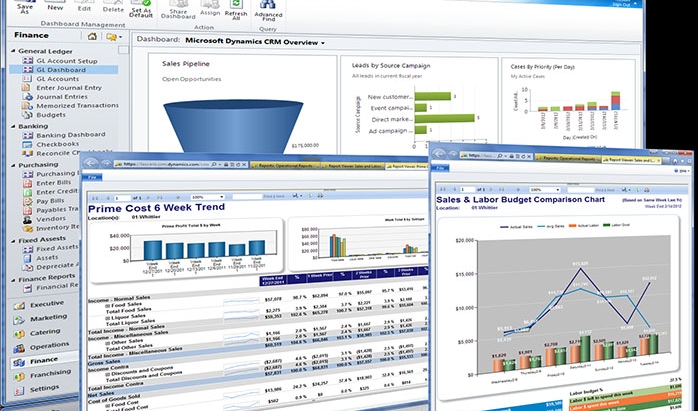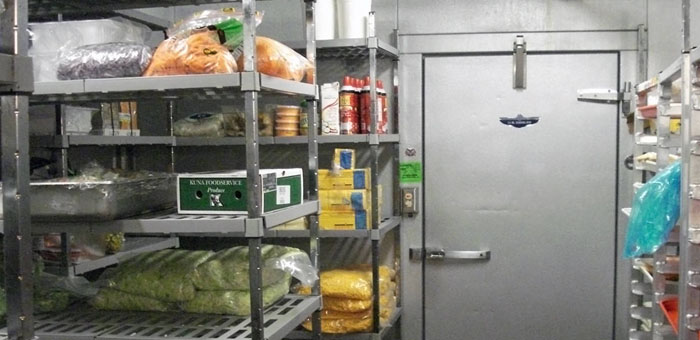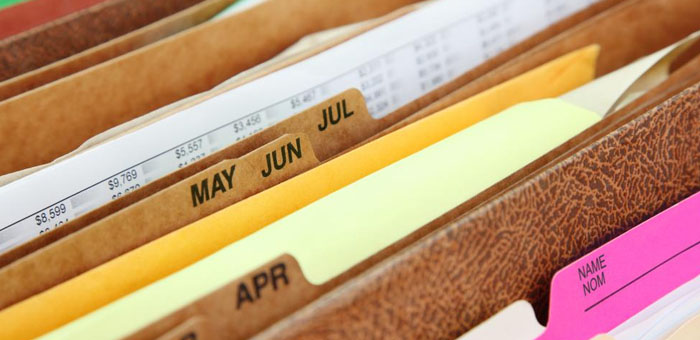Ask vendors why they opened their food truck business and most will explain their love of food and desire to serve the general public. Few will bring up finance or accounting. Yet every food truck needs to turn a profit and control their costs to stay on the road. Food truck accounting software and systems vary from the simple to complicated, integrated point-of-sale management systems.
How To Select The Best Food Truck Accounting Software For Your Business
Today we’ll discuss what food truck owners need to consider when evaluating food truck accounting software and systems.
Know What You Need
The foundation of every food truck accounting software or system should include a general ledger. It will list assets and liabilities (what you own and what you owe) and accounts to track profit and loss.
These basic bookkeeping functions can be performed (but we don’t recommend) with a checkbook and a ledger pad, a general accounting package like QuickBooks, or with specifically designed financial system designed specifically for food service providers. The high-end products will include point-of-sale terminals, menu planning, cost accounting, inventory, payables, receivables, etc.
As a food truck owner you need to understand your budget and balance that with the functions you need (or want) when selecting the food truck accounting software or system for your mobile business.
General Purpose Food Truck Accounting Software
Although the bells and whistles found in the high-end packages may look impressive, most start-up food trucks only need the basics. A general-purpose, off-the-shelf package like QuickBooks costs several hundred dollars. It covers all of the basics: general ledger, profit and loss, cash flow, basic inventory, payables and receivables.
Please Note: Food truck accounting software takes some time to learn so don’t wait until launch day to open yours to start entering your sales information.
Point-of-Sale Software
For larger food truck organizations that might have multiple trucks or even a brick and mortar restaurant with multiple registers, a multi-terminal point-of-sale system may solve your food truck accounting needs.
Point-of-sale terminals or software will act as your truck cash registers. They also transmit orders to the kitchen, track inventory and monitor costs. Although these systems can be ordered sight unseen over the Internet, for the non techie it makes much more sense to find a provider that can install the system, test it thoroughly and train your staff.
RELATED: 5 Things to Consider When Looking at Point of Sale Systems
Additional Food Truck Accounting Software
Along with your truck’s point-of-sale system, many POS vendors can also provide software that posts the results to a number of standard accounting packages. This will take the data and merges the details tracked by your point-of-sale and lets you know when it’s time to reorder supplies, alerts you when menu item costs get out of line and keeps your food truck profitable. This basically translates these reports into language intended for food truck owners.
Choosing A Food Truck Accounting Software System
With all the choices available and the wide range of costs, it may be difficult to determine what a new food truck really needs. Start by looking at your food truck business plan. See what your food truck business can afford.
The Bottom Line
Talk with your accountant to find out what will be needed for tax reporting, license renewals and other legal requirements. Ask other food truck owners what they are using and how much they spent up front and each month. Start small and grow when you need to. While a full-featured point-of-sale system may look attractive, the same amount invested in kitchen equipment or your food truck may have more impact on long-term profitability on your mobile food business.
What food truck accounting software do you use for your food truck business? We’d love to hear how you started and what type of package you’ve switched to. You can share your thoughts in the comment section our food truck forum or social media. Twitter | Facebook




